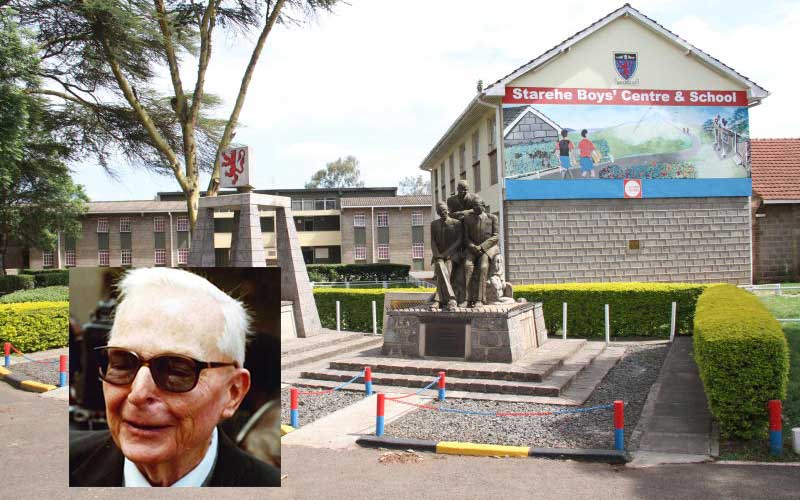×
The Standard e-Paper
Fearless, Trusted News

In the fog of the season’s end, the fabric holding the parchment of imperial colony was violently torn apart, exposing the jailer and the prisoner who had always treated each other with mutual hostility.
Finally, the sun was rapidly setting for the British in the Kenya colony, bringing to an end seven decades of the domination of the black majority by white minorities. The future looked forlorn.